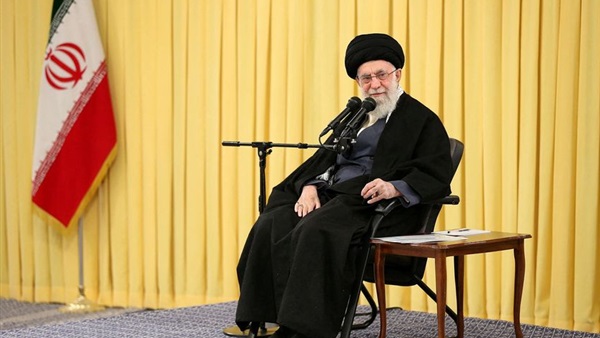"Iran's Supreme Leader Grants Amnesty to Protesters Amid Confidence in Suppression of Demonstrations"

Iran's Supreme Leader, Ali Khamenei, has granted amnesty to
a "significant number" of protesters arrested during antigovernment
demonstrations, according to Iranian state media. The move, part of a broader
amnesty ahead of the anniversary of Iran's 1979 Islamic Revolution, applies to
protesters who have sought forgiveness from the government, excluding those
accused of violent crimes, arson, or contact with foreign intelligence
services.
The decision reflects the government's increasing confidence
that the worst of the protests is over, but political analysts and human rights
activists remain skeptical of the impact it will have on future large-scale
demonstrations. Some experts view the amnesty as a propaganda move, as the
regime has taken similar actions in the past under pressure.
The number of protesters who qualify for the amnesty is
unclear, as well as the total number of people arrested in connection with the
protests. According to Human Rights Activists in Iran, at least 19,200
individuals have been detained and 516 protesters have been killed since the
demonstrations began.
While organized protests have largely subsided, authorities
continue to make arrests, including the recent detainment of newspaper editor
Elnaz Mohammadi. Iranian officials have blamed foreign governments, including
the US, for inciting the protests, but have not provided evidence to support
their claims.
In a letter outlining the terms of the amnesty, Judiciary
Chief Gholam Hossein Mohseni Ejehi said that a "significant number"
of individuals, especially young people, were seeking forgiveness for
committing wrong behaviors and crimes as a result of incitement by the enemy.
The amnesty does not cover those charged with espionage, murder, violent
crimes, or arson.





